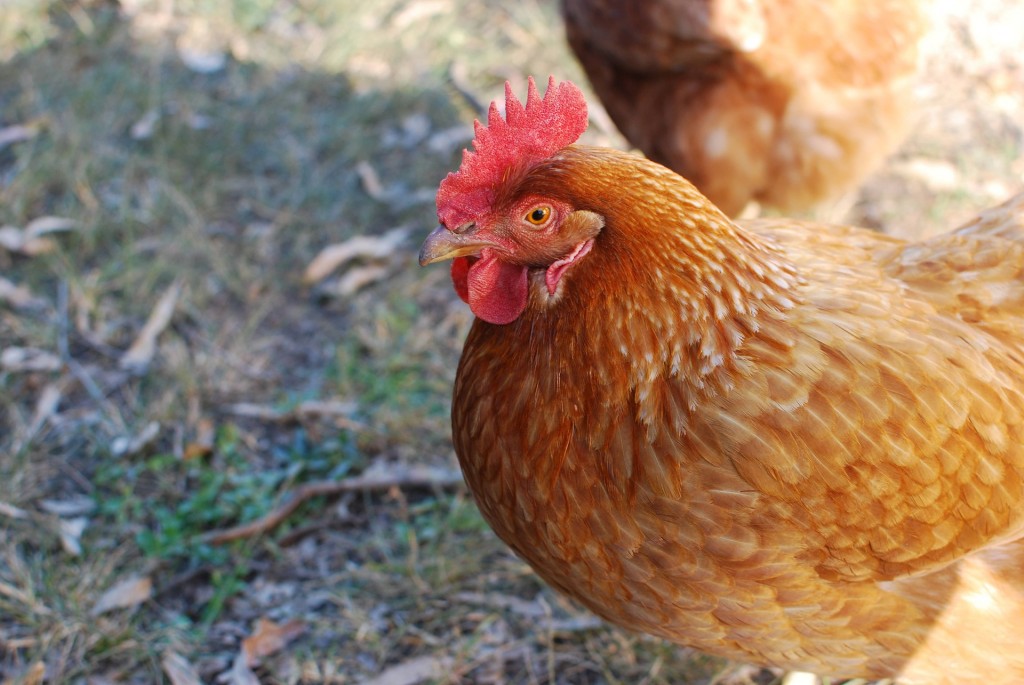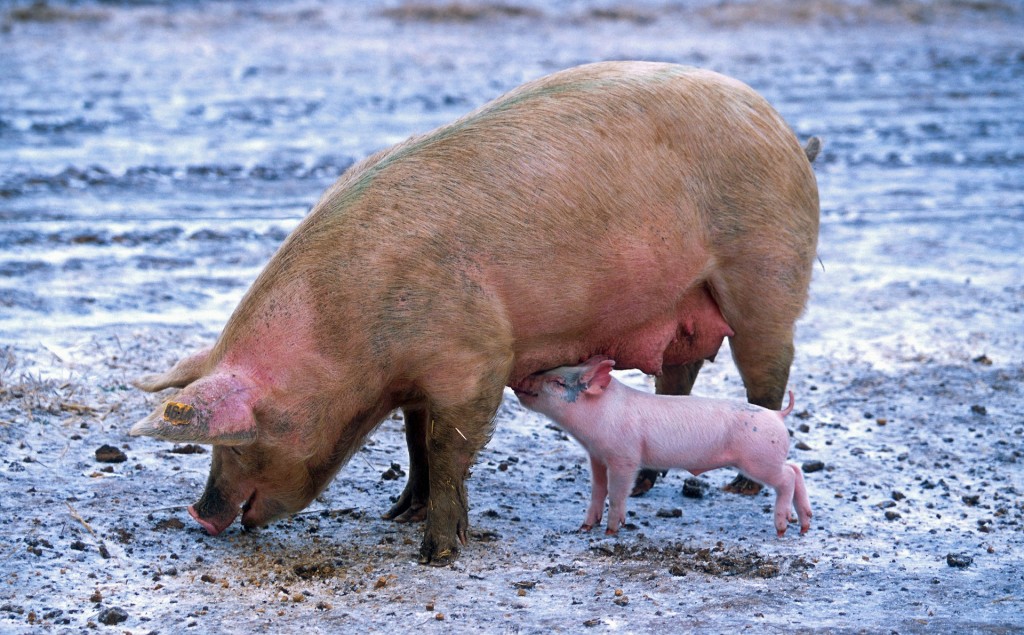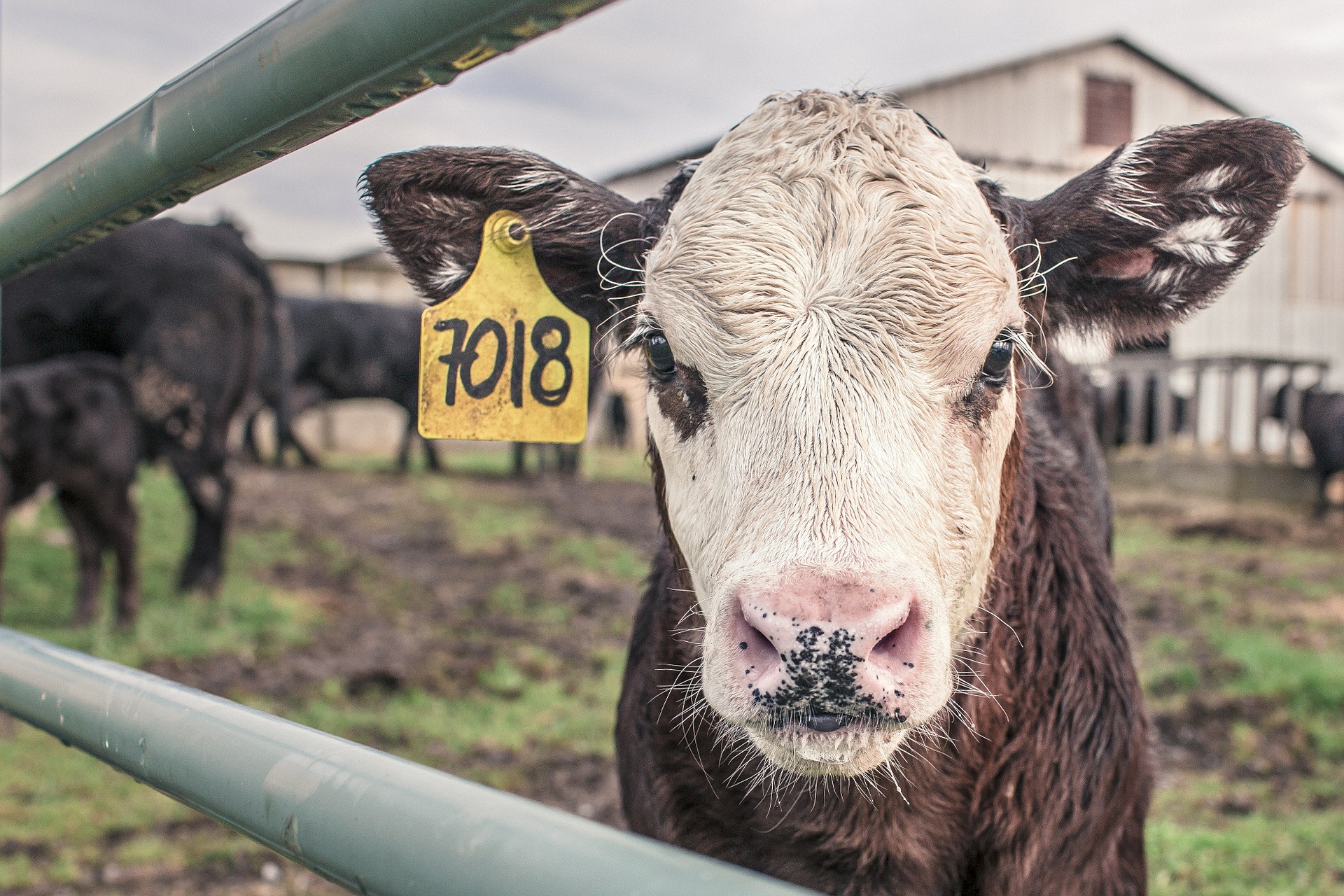Factory Farming vs. Sustainable Farming: What You Should Know
Lately, it seems as if everyone is jumping on the bandwagon with sustainable farming. Factory farming is the norm in the United States, but it wasn’t that way for centuries. Nowadays, thousands of smaller farmers are turning back to their roots to practice sustainable farming.
Health Issues with Factory Farming
Most meats in the grocery stores today come from factory farms. These farms aren’t the picturesque ones you might imagine, with rolling green hills and happy animals. Instead, they are dirty and smelly, and animals are left to stand in mounds of waste. Health issues are a prevailing issue with factory farming. Because of the terrible conditions, factory farms are forced to overuse antibiotics, leading to resistant strains of bacteria. Meat contamination leads to over 76 million illnesses annually, and an estimated 5,000 people die each year because of foodborne illnesses.

Environmental Impact
Everything has an environmental impact. Here are some facts to consider about factory farming and sustainable farming.
- Sustainable farmers preserve and increase the fertility of their land, ensuring that the future generations have resources. At the same time, factory farms cause over $34.7 billion of environmental damage each year.
- To produce enough food for a family of four, factory farms use over 930 gallons of gasoline. That means 17% of fossil fuels in the United States are used to produce food! On the other hand, sustainable farmers require little tilling of the land. Instead, farmers opt to use crop rotation and the appropriate application of manure to produce food. They use fewer fossil fuels, bettering the environment.
Animal Welfare Concerns
If you are a carnivore, you need to consider the welfare of the animals you consume. When you purchase factory-farm raised meat, you are supporting a practice that involves:
- Stuffing animals together in confined areas, leading to rampant diseases
- Little access to sunlight or open pasture
- Limited movement
- Painful mutilations such as tail-docking and branding without any pain relief
- Long distance transportation, between 36 to 52 hours, without food or water
Factory farming does not support the welfare of the animals. On the other hand, sustainable farmers closely watch their animals. Chickens, cows, pigs and other farm animals have access to sunlight and open pasture. They are free to move about, grazing on grass.

Animal and Water Waste
Another issue with factory farming is the amount of waste that is produced. Due to the confined enclosures, all the manure is concentrated in a small area. The volume of manure is often so great that the manure supply exceeds its usability as a fertilizer. Large farms use excess water to attempt to liquefy manure, leading to runoff which can contaminate the human water supply. Manure also releases harmful gasses including hydrogen sulfide, carbon dioxide, and methane, which can be deadly to humans and destructive to the atmosphere.
Conclusion
These are just a few of the problems created by factory farming. So, what is the answer? We need to return to traditional, sustainable farming practices. Sustainable farming benefits humans, animals and the land. In the long run, our future generations will thank us for the changes we make today to eliminate factory farming.

